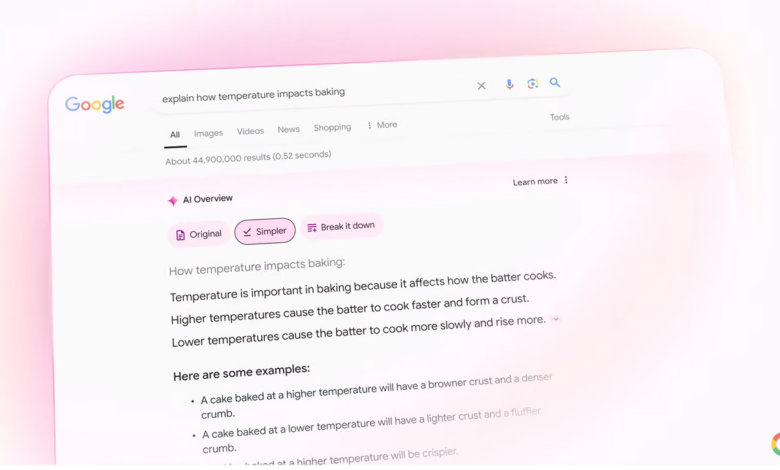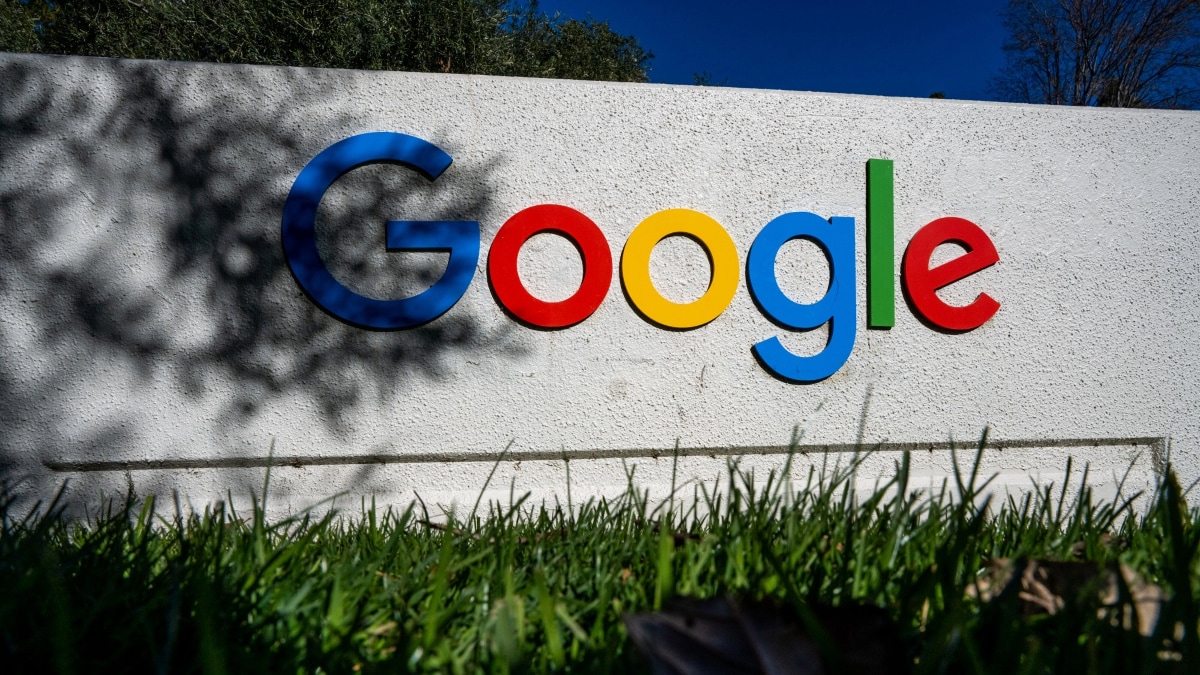Is your search getting better? Google quietly reduced the number of AI Overview responses to searches


After much hype at Google I/O, the tech giant’s AI Overviews aren’t showing up in search results as often as they used to. According to a new analysis According to SEO platform BrightEdge, AI Overviews appeared in less than 7% of Google searches in late June, compared to 11% at the beginning of the month. While they don’t appear in the higher percentiles of search results, the downward trend is notable given the attention paid to AI-powered search results.
AI Overviews use Google’s Gemini AI models to compile a summary based on the search results of a user’s query. Google was initially very excited about the feature, but the downward trend for AI Overviews actually dates back to April, even before its official announcement at Google I/O. While AI Overviews initially appeared in response to about 15% of searches, that number has since declined. The decline accelerated in June, with BrightEdge’s data showing a decline from 11% to 7% in the one-month period.
This trend was consistent across most of June, but some saw particularly steep drops. Education searches showed AI Overviews 26% of the time at the beginning of the month, and only 13% at the end. Meanwhile, entertainment-related searches dropped from 14% to almost nothing, while ecommerce AI Overviews dropped from 26% to 9%. This suggests that Google wants AI Overviews to only appear when a problematic answer is less likely to appear.
Even the physical space AI Overviews take up at the top of search results is 13% smaller on average. This reduction in pixel real estate signals Google’s attempt to balance the prominence of AI-generated content with traditional search results, potentially to mitigate the risks associated with AI inaccuracies.
There are plenty of reasons to explain the numbers. You’d expect Google to be constantly making adjustments based on what they hear from users and what they see in internal testing. It’s likely that the much-publicized incorrect and downright dangerous AI-generated answers had something to do with it. People will be wary of any tool that tells them to eat rocks.
SO Oops
Online search is incredibly valuable, both technically and economically. AI seemed like an obvious improvement for the industry, but it also raised red flags about the potential negative impact on website traffic. For now, there are still significant bugs, regardless of what the long-term impact might be. Reducing AI Overviews could alleviate some concerns about AI hurting organic website traffic, but Google has made it clear that it wants to implement AI Overviews as much as possible, so that battle has merely been postponed, not resolved.
And Google isn’t alone in pursuing AI summaries of search results. Microsoft Bing and other rivals are trying to close the gap. But despite the problems with AI summaries and Google’s retreat, BrightEdge is optimistic about Google’s AI search leadership.
“There is no doubt that Google’s dominance remains strong, and what it does in AI matters to every business and marketer around the world,” BrightEdge Founder and Executive Chairman Jim Yu said in a rack“At the same time, new players are laying new foundations as we enter an AI-led multi-search universe. AI is in a constant state of advancement, so the most important thing marketers can do now is leverage the precision of insights to monitor, prepare for and adapt to change.”




